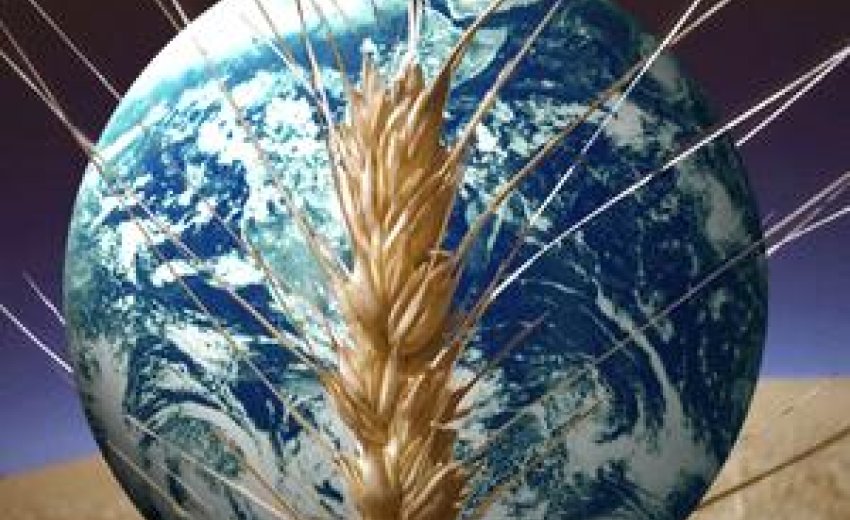ROME, Nov 19 (Reuters) - The world should hold a food summit in the first half of next year to seek fairer trade and help farmers in poor countries make a decent living, the head of the United Nations food agency said on Wednesday.
Jacques Diouf, head of the Food and Agriculture Organisation (FAO), said the summit would seek to reform trade, encourage greater food production in developing countries and ensure funding for infrastructure and agricultural productivity.
"I have just put the idea (of holding a food summit) to U.S. President-elect Barack Obama in my message of congratulations," he told the body's governing conference.
Diouf said he hoped the summit would find $30 billion a year to help boost developing country farm output.
FAO hosted what became an ad hoc food summit in June. That conference, called before a surge in commodity prices, was meant to concentrate on the effect of climate change and biofuel production on food security.
But with the price spike hammering the many developing countries that rely on food imports, the focus shifted to getting emergency help to the hungry. The conference came up with no firm political commitments or policy changes.
GROUNDWORK
The 2008 meeting should "should lay the ground for a new system of agricultural trade that offers farmers, in developed and developing countries alike, the means of earning a decent living", Diouf said.
The summit would also aim to set up an "emergency intervention fund" to help farmers in vulnerable countries rapidly increase output when commodity market spikes hit food import bills. Rising prices early this year plunged millions of people into hunger and sparked food riots around the world.
Diouf said a 14 percent fall in global food prices since July had done little to alleviate the problems.
FAO's food price index was still 51 percent higher in September than two years earlier. Input prices -- such as seeds and fertiliser -- had doubled or tripled, he said.
The lower prices did not mean the end of the food crisis but stemmed more from lower demand because of the global economic slowdown, he said.
"What is more, the downturn in prices could lead to reduced food production in 2009/2010, which would result in another food crisis."
(Editing by Mark Trevelyan)
